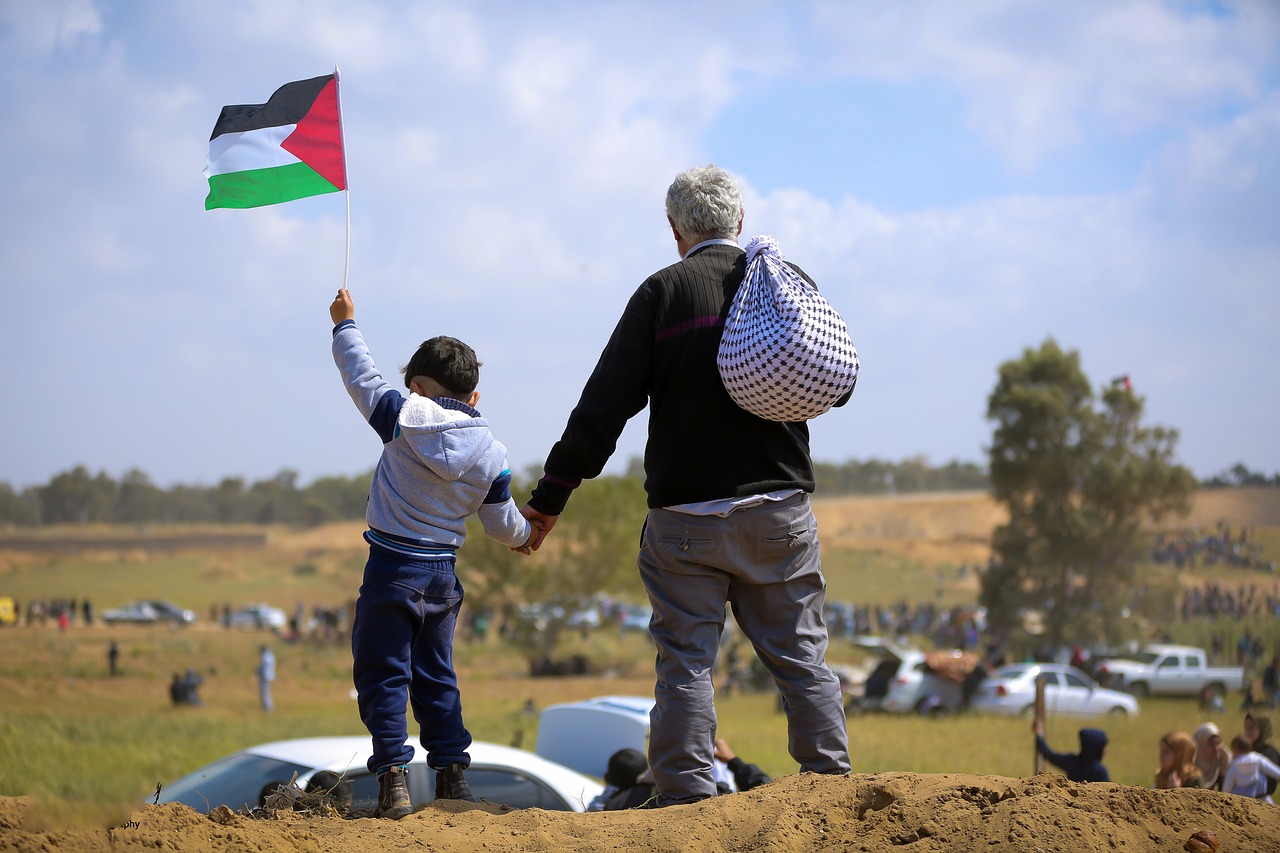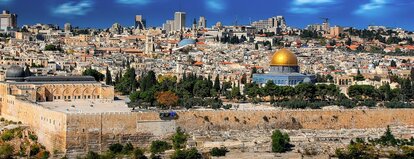Security
The Mediterranean, a paradigm of conflict scenarios

On November 28 and 29, Spain hosted in Barcelona the VI Regional Forum of the Union for the Mediterranean, with the aim of addressing regional challenges from a post-pandemic perspective. Both the Moroccan Foreign Minister, Nascer Bourita, and the Algerian Foreign Minister, Ramtane Lamamra. Were absent. Ministerial representatives have faced existing disagreements regarding the vision of the security of a region that remains a scene of tensions, but also a space for dialogue and cooperation.
Some conflicts in the Mediterranean have been going on for decades and others are more recent. However, all of them have enormous destabilizing potential. Among the first, the Palestinian-Israeli conflict stands out, whose solution supported by the United Nations, the Arab League, the European Union, Russia, and the United States could be the establishment of two independent states. Nonetheless, their creation would require solving the problem of settlements in occupied territory and the approximately 600,000 settlers living in them, which does not seem easy. The alternative of a binational state or a single state giving equal citizenship rights to Jews and Palestinians is also not viable due to the increased population growth of the latter. This would be aggravated by a potential return of Palestinian refugees in exile and would compromise the existence of a "Jewish state".
Another conflict that has been active for a decade is that of Syria, where the war continues in Idlib province without respecting the ceasefire negotiated by Russia and Turkey more than a year ago. Bashar al-Assad, who controls 60% of the territory, presents himself as the victor thanks to military aid from Russia, which entered the conflict fully into the conflict in 2015. The Astana process launched in 2017 by Russia, Turkey, and Iran has proven to be a useful mechanism for reducing conflict militarily, but it has not become an alternative forum to UN efforts for a political solution. This will ultimately depend on successful talks between representatives of the Government, the opposition, and civil society to agree on a constitutional reform that would lead to free elections.

In the case of Libya, at war since 2011, a very important milestone on the road to peace has been the permanent ceasefire agreement. The October 24th, 2020, covenant between the Government of Tripoli and the House of Representatives should lead to the holding of presidential elections on 24 December. However, the key to success will be the departure of the 20,000 foreign fighters on Libyan soil. This situation does not invite optimism given the context of occupation by foreign troops and their willingness to stay in the fear of altering the balance of power.
A conflict that can potentially lead to an armed confrontation and with significant repercussions on regional and European security is the one pitting Greece and Turkey against each other. The Greek-Turkish tension is a classic. Now, we must add a new factor of dispute such as the jurisdiction of maritime waters in a region with large gas reserves, at a historical moment in which the price of gas has been revalued as a geopolitical factor. Following the maritime agreement signed in December 2019 between Turkey and the Tripoli government, we reached a confrontation point. On the one hand, the former along with Northern Cyprus and Italy. On the other hand, Cyprus, Greece, Egypt and Israel, as well as the United Arab Emirates and France.
Of particular concern in the western Mediterranean is the decades-long conflict between Morocco and Algeria. Two powers of equivalent geopolitical weight mired in intense competition for regional primacy. The arms race between the two, accentuated since the recognition by the United States of Moroccan sovereignty over the Sahara in 2020, has increased the risks of war in the region. However, the current situation of military equilibrium means that, beyond provocations or isolated incidents, an open military conflict is unlikely, mainly because neither Morocco nor Algeria can win it.

To this security scenario we must add the greater prominence that revisionist powers such as Russia or Turkey are acquiring that question the status quo. We also should add China, whose relevance will tend to increase as it consolidates its role as a great international power, or the effects of an Islamist terrorism that has weakened in Syria and Iraq, but that it is becoming strong in the Sahel.
In short, although there are certain signs for hope materialized in the peace processes in Libya, or Syria, or the existence of dialogue forums such as the Union for the Mediterranean, or the NATO Mediterranean Dialogue, the future scenario reveals that there is still much to be done. The Mediterranean remains a space of conflict, as well as a vulnerable border. The accumulation of risks that exists in the area vindicates the need to pay greater attention to the region through dialogue and cooperation, the two key elements to increase its security.
